Growing roses slow; and fall
melissa_thefarm
11 years ago
Related Stories
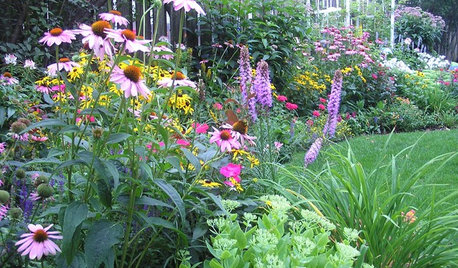
LANDSCAPE DESIGNTry Slow Gardening for Some Unexpected Benefits
Why set your garden on the fast track? Here's how to relax and enjoy it in an entirely new way
Full Story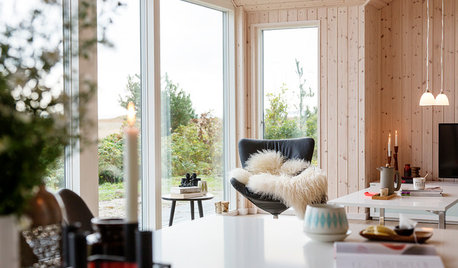
LIFESlow Living 101: Tips for Turning Off the Chaos
It may feel as though you're too busy to slow down and enjoy life. But even little changes can have a big effect
Full Story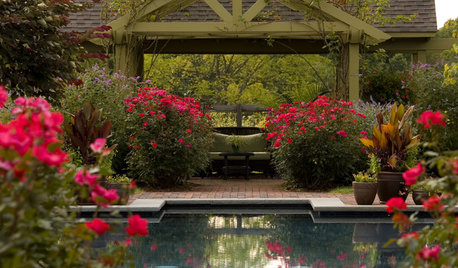
SPRING GARDENINGHow to Grow a Rose Garden in Pots
Everything can come up roses, even without a plot of soil in sight. This step-by-step guide to growing roses in containers shows you how
Full Story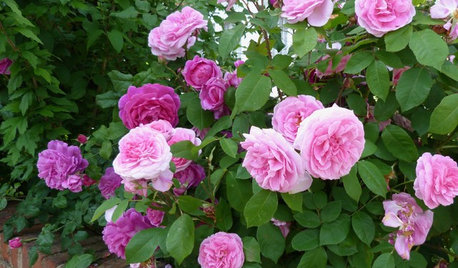
GARDENING GUIDESWhat Kind of Roses Should You Grow?
Want to add the beauty of roses to your garden? Find out which ones, from old-fashioned to modern, are right for you
Full Story
DECORATING GUIDESBudget Decorating: How to Decorate Smart and Slow
To make the most of your decorating dollar, forgo the disposable stuff, think vintage and free first and give yourself a splurge
Full Story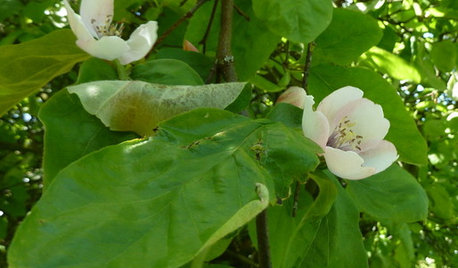
EDIBLE GARDENSWhy Grow Quince? For Beauty, Fragrance and Old-Time Flavor
Delightfully perfumed fruit and lovely spring blossoms make this apple and pear cousin worth a spot in the garden
Full Story
FEEL-GOOD HOMEThe (Lost) Art of Laziness
Do you go to bed with to-do lists flashing through your head? Try one of these ideas to give yourself a break
Full Story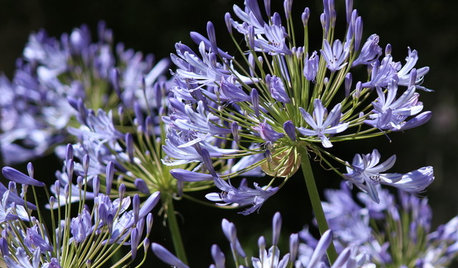
GARDENING GUIDES8 Plants That Snobs Love to Hate — and You'll Love to Grow
Don't dismiss these common annuals, perennials and shrubs — there are reasons they've been popular for so long
Full Story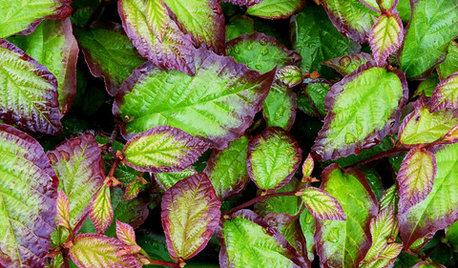
GARDENING GUIDES7 New Plants to Grow for Beautiful Foliage
Add color, structure and interest to your garden with these recently introduced plants that sport exceptional foliage
Full Story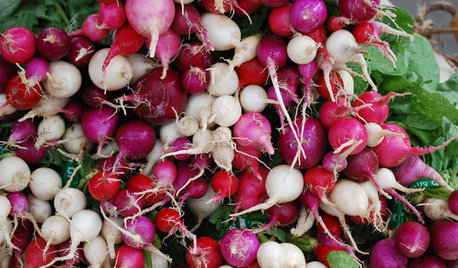
COOL-SEASON CROPSCool-Season Vegetables: How to Grow Radishes
Fast growing and bright, these easy-care veggies are great for kids and bring plentiful color to a fall or spring garden
Full StoryMore Discussions






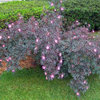

melissa_thefarmOriginal Author
jeannie2009
Related Professionals
Edmond Landscape Architects & Landscape Designers · Towson Landscape Architects & Landscape Designers · Zion Landscape Architects & Landscape Designers · Davidson Landscape Contractors · Hannibal Landscape Contractors · Nutley Landscape Contractors · Soddy Daisy Landscape Contractors · Tigard Landscape Contractors · Waipahu Landscape Contractors · Jericho Swimming Pool Builders · Annapolis Siding & Exteriors · Bethany Siding & Exteriors · Lenexa Siding & Exteriors · Marion Siding & Exteriors · Panama City Siding & Exteriorssandandsun
jacqueline9CA
sandandsun
jeannie2009
mendocino_rose
jardineratx
ingrid_vc so. CA zone 9
User
rosefolly
julia034
lbuzzell
sandandsun
melissa_thefarmOriginal Author
User
melissa_thefarmOriginal Author
ingrid_vc so. CA zone 9
sherryocala
daisyincrete Z10? 905feet/275 metres
melissa_thefarmOriginal Author
subk3
User
melissa_thefarmOriginal Author
jeannie2009
rosefolly
bluegirl_gw
sherryocala
bluegirl_gw
lbuzzell
bluegirl_gw
lbuzzell